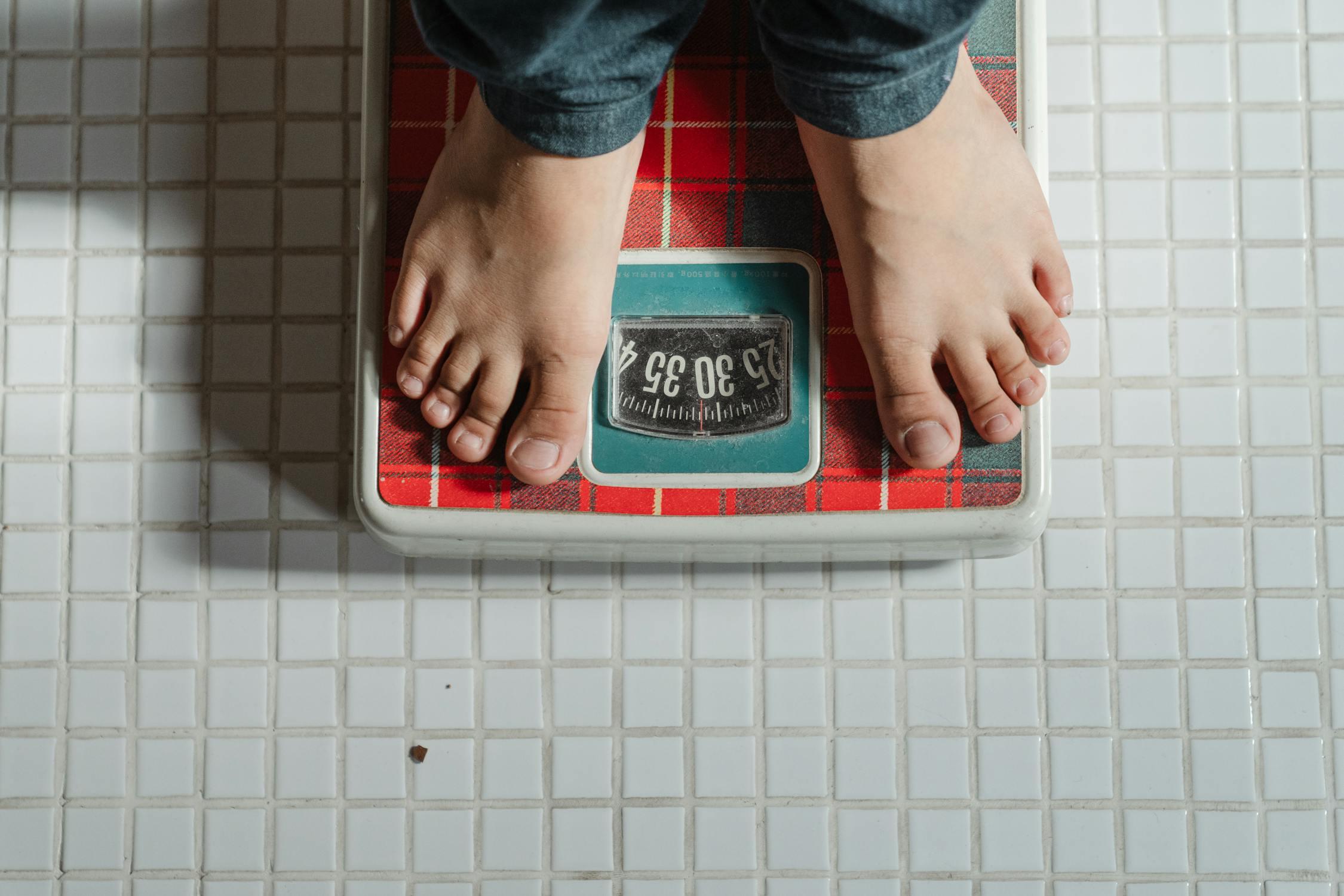If you’ve ever been on a weight loss journey, you’ll know that there is a point during your journey that you get stuck. Sometimes, you will eat healthier, sweat throughout intense workouts, and even keep track of your calories. Yet, the numbers on the scale refuse to move. To be honest, it’s a very frustrating and disheartening experience, which can even make some people give up on their weight loss journey. After all, when you’re putting in so much effort, shouldn’t the results follow?
To be honest, weight loss is far more complex than simply burning more calories than you consume. There are other factors that come into play, like the body’s natural response to dieting and other lifestyle habits. One of the most common factors affecting the weight loss journey is unrealistic expectations, which can conspire to hinder your progress overall. If you don’t understand these changes, it becomes very easy to feel stuck and then lose motivation. In this article, I’m going to be sharing with you three major reasons why your weight loss effort may be stalling.

Inadequate Calorie Deficit
You’ve probably heard about calorie deficit many times during this journey, but what exactly does it mean? A calorie deficit happens when you eat fewer calories than your body needs to stay at the same weight. This is how your body starts using stored fat for energy, which is one of the keys to losing weight. This might sound very simple to do, but many people make small mistakes that stop this process without even realizing it.
Firstly, some people think eating healthy foods automatically means they will lose weight. Healthy foods like avocados, nuts, and smoothies are good for you, but they can also be high in calories if you eat them too much. Another common mistake is guessing portion control size instead of measuring them. If I’m being honest, what might look like 1 serving could actually be 2 or 3. It doesn’t matter if the plate is small or if the plate is big with just a little content in it, you actually need to measure this food content to know exactly how much you should add or how much you should remove.
Also, there are things like invisible calories from things like salad dressings, sauces, or even drinks that we take on a daily basis. So how do you make sure you’re in a calorie deficit? Firstly, you have to start tracking everything you eat. You can use a food scale or measuring cups so your portions are accurate. Secondly, you need to figure out your basal metabolic rate, or BMR. That’s the number of calories your body burns just by being alive. We have a whole article on how to calculate basal metabolic rate, BMR, so do well to check that out.
Lack of Constant Exercise
Believe it or not, exercise is an important part of your weight loss journey. It helps burn calories and keeps your body strong and healthy. If you are active, your metabolism works better, which means you burn more calories even when you are just sitting around. But if you aren’t exercising regularly, you are probably not going to see the weight loss results you want.
There are two types of exercises that can really help: cardio and strength training. Cardio exercises like running, swimming, or biking are amazing for burning calories and getting your heart rate up. Strength training like lifting weights and doing push-ups helps you build muscle over time. And the more muscles you have, the more calories you burn, even when you are just chilling. So if you combined both of them together, you would see a much greater result.
Some people say that exercising is not their cup of tea. I would say it’s because they don’t really enjoy the kind of exercises they do. The trick is to stick with exercises that you find enjoyable. If you hate running, don’t do it. You can try something like dancing, yoga, or playing a sport. Also, people complain about not having time, which is one of the top excuses for why they don’t exercise all year round. You can try to set a specific time to workout, even if it’s just for 20 minutes. You can start slow and gradually build up, and you can even find beginner’s workouts online that don’t require equipment.
Hormonal Imbalance
Hormones help manage everything from your mood to your metabolism. When these hormones aren’t working right, it makes losing weight way harder, even if you are eating well and exercising. One key hormone is insulin. Insulin is produced by the pancreas, which helps to regulate blood sugar. But when you have too much insulin, your body starts storing fat instead of burning it.
Then there is leptin, the hormone that tells your brain when you are full. If it’s not working properly, you might feel hungry all the time, even when you’ve eaten enough. Your thyroid hormones also play a role because they control how fast your body burns calories. If your thyroid is off, your metabolism can slow down, which makes losing weight harder. A lot of things can put your hormones in this mode, which could include things like stress, lack of sleep, or a bad diet.
When you are stressed, your body releases cortisol, which can make you store fat, especially around your belly. When you also don’t get enough sleep, it messes with the hormones that control hunger, which makes you crave junk food. If you eat a lot of processed food or junk food, your hormones may not function properly, which makes it tougher to lose weight.
Bottom Line
If you feel stuck in your weight loss journey, it’s not just you; lots of people hit a plateau, even when they’re doing everything right. The truth is, losing weight isn’t just about burning more calories than you eat. Sometimes, small mistakes like not tracking your food properly or thinking you’re eating healthier than you really are can mess up your progress. Exercise also plays a big part; if you’re not moving enough, your body won’t burn as many calories, which slows things down. Plus, your hormones can mess with your weight loss, too, especially if you’re stressed, not sleeping well, or eating poorly.

















